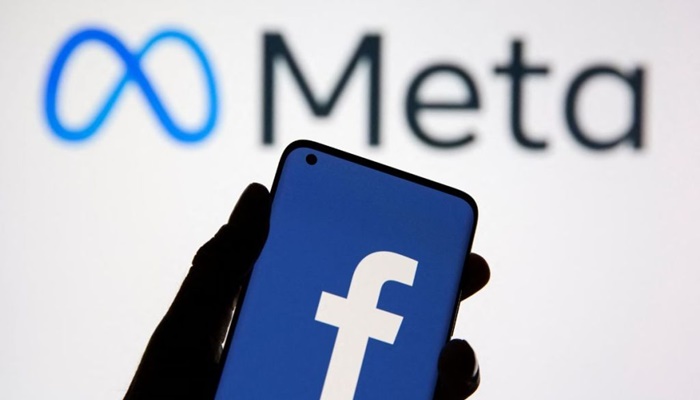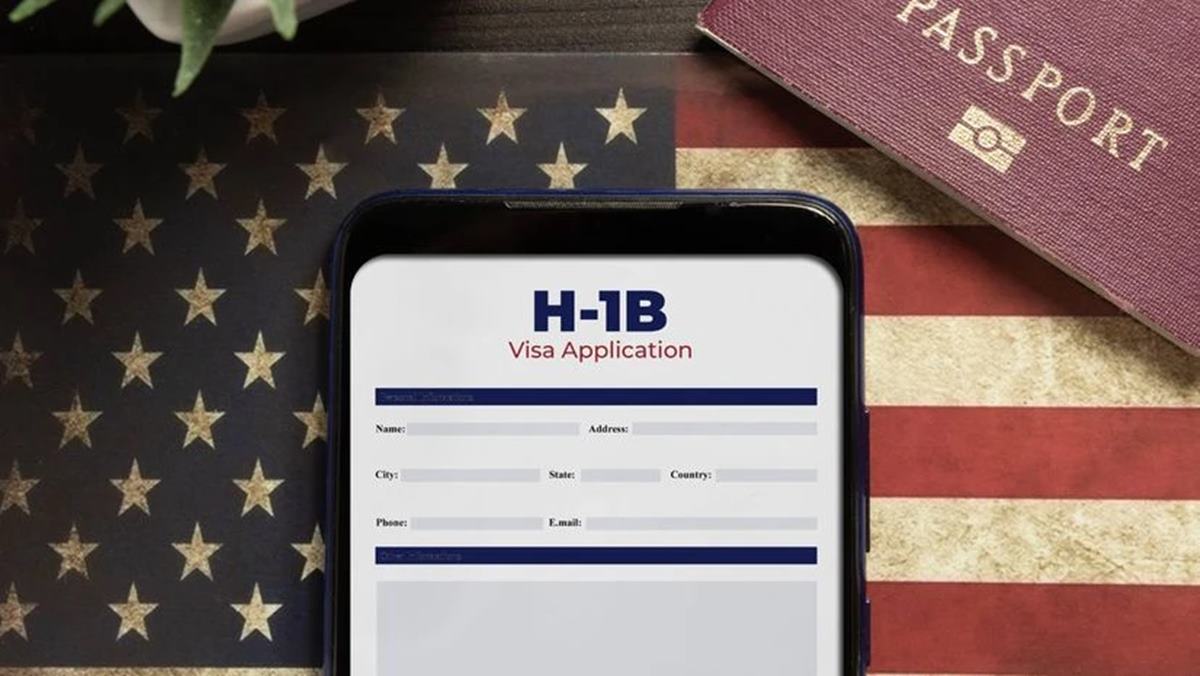A Reddit post by an Indian professional who recently returned from the United States has reignited debate on the H1B visa system, workplace culture, and community-based favoritism in American tech firms.
The techie, who previously worked at Amazon USA, said one of the key reasons for returning to India was the “toxic behaviour” of Indian managers abroad. According to him, many Indian managers exploit employees on visas, aware of their vulnerability due to complex immigration rules.
“They avoid hiring Americans because they know they can’t push them to work 24/7. Americans won’t hesitate to sue if boundaries are crossed,” the user wrote, adding that community favoritism often shaped hiring practices.
Community favoritism in tech
The post cited examples of Telugu managers dominating Walmart’s workforce and Gujaratis preferring their own at Intel. “The only real hiring criteria seems to be, ‘Are you Telugu?’ and you’ll get the job,” he noted, even recalling classmates who secured internships through cricket matches with employees.
Such practices, the Redditor argued, naturally frustrate Americans who see favouritism and exploitation fueling resentment against immigrant workers. “New H1B rules will definitely reduce the number of these types of employees and managers,” he wrote, admitting the visa pathway is “not as glorious as it seems from outside.”
The post struck a chord with netizens, many of whom echoed similar frustrations.
One commenter accused earlier waves of Indian immigrants of “fake marriages and shady practices” to secure citizenship, blaming them for making life harder for newer migrants. “They made life unbelievably difficult for the current generations. And now they look down on us, even voting against our interests, while being the ones who created the bad stereotypes about Indians abroad.”
Another user, a white American married to a Pakistani woman, highlighted how widespread suspicion affects genuine cases too. “We’ve been stuck in Pakistan with our two kids for years because USCIS thought our marriage was fake. Ironically, the real scammers have already gamed the system. People like us, who play it straight, pay the price.”
A third recalled a disturbing instance of caste-based favoritism in hiring. “My relative, a manager at a tech firm, interviewed two candidates — one American, one Indian. She openly said she hired the Indian because she was ‘our caste.’ I wanted to throw up.”
A fragile dream
Some even said the resentment is spilling over into broader U.S. society. “Americans aren’t dumb. They see this clannish behavior — Telugu hiring Telugu, Gujarati hiring Gujarati. Of course they’ll feel excluded and bitter. It feeds right into the anti-immigrant rhetoric.”
The original post clarified that his decision to return was not solely because of toxic work environments but also due to personal reasons and visa complications. He admitted the US experience had its benefits but warned that H1B life is “far from stable” and often comes at a heavy emotional cost.




















